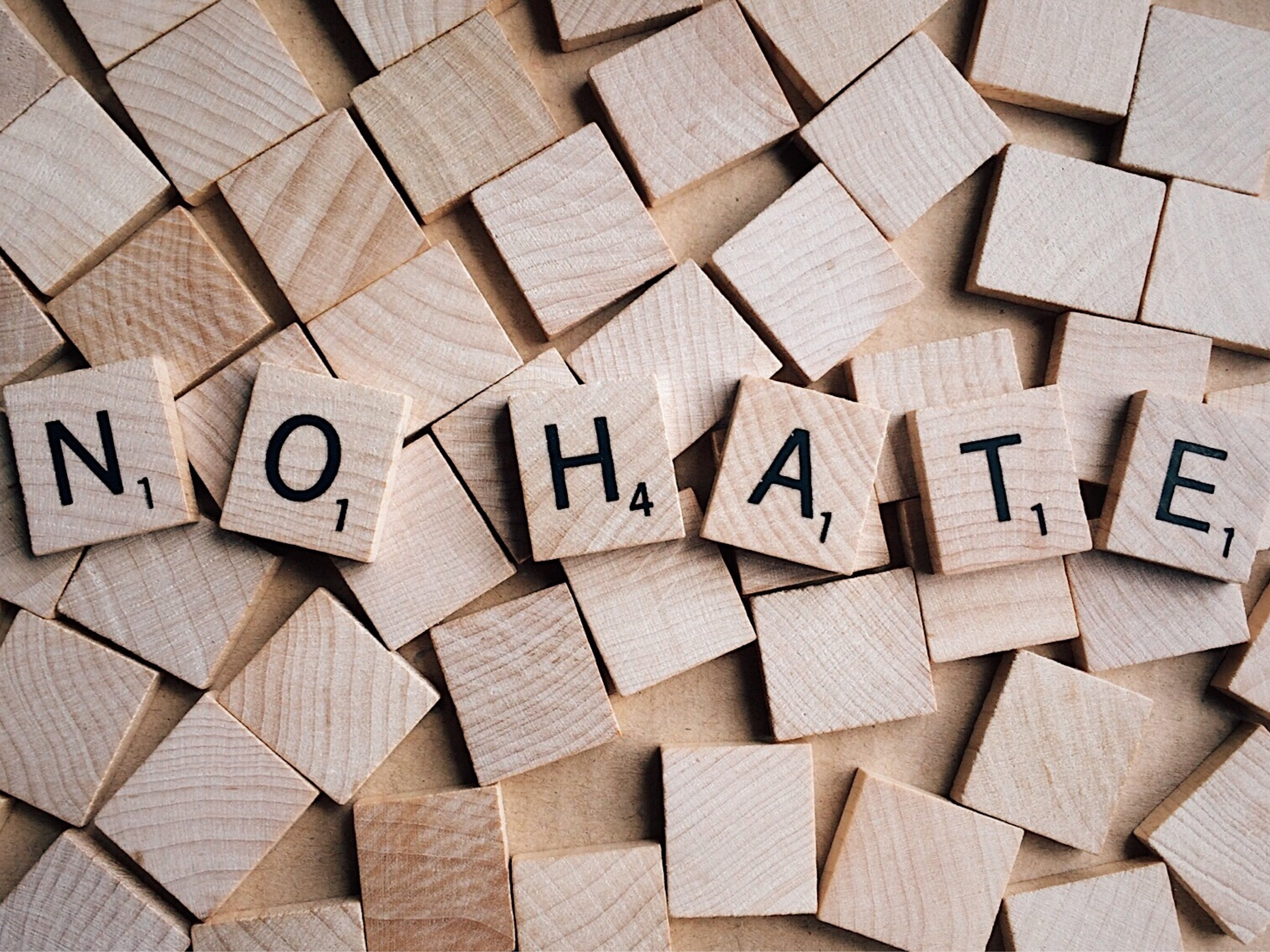By Joshua Schumacher
jschumacher@lc.edu
Recently Brazil expanded its hate speech laws to include homophobia. Brazilian hate speech laws allow the government to levy punishments to people who say hateful things in public. This is quite different from the United States, where we don’t have such laws because we have arguably the most liberal legal definition of free speech. Recently, the discussion of free speech has come back into mainstream political discourse in the United States once again. So, that begs the question; what is free speech—where does it begin and where should it end?
In simple terms, free speech is a legal concept allowing the people of a country to speak without punishment from the government. Most countries have free speech laws but they’re all different and have various limits to them. In the United States, for example, threats made towards another person, organization, the general public, or other entities are not protected by free speech. Telling someone you’re going to beat them up can result in legal action being taken as a response. In Brazil, free speech laws don’t protect things like hate speech. The intent behind these laws is to try and prevent racism and other forms of hate. So, does it work? And should we adopt something like this in the US?
I am a huge advocate for anti-racist policies and working to eliminate racism, homophobia, sexism, and other forms of bigotry. That being said, hate speech laws are a bad idea in my opinion for several reasons. To start, I don’t think they work. Someone who is deeply ingrained in a mindset of hate isn’t going to rethink their entire life because they got a 600 dollar fine for shouting racial slurs at people of color. Said individual will probably instead feel like the victim of an evil government for having an individual opinion. Whether the person in question considers such an opinion to be racist or not, a legal punishment is likely not going to correct any behaviors or views.
So, if these laws don’t work, what does? Should people just receive no punishment for the horrible things they say? The main way to address racism is to create policies that work to undo systemic racism and other forms of bigotry and to educate people on the long-lasting effects of racism. Now, in no way does this mean society should just tolerate people being bigots because they “don’t know any better.” So where is the line with hate speech and when do we push back against it?
Free speech as a concept helps to protect people in a legal sense only, no part of free speech protects people from the social consequences of their words. While I think legal punishment doesn’t work and could be a steppingstone to further restricting our rights to speech and individual opinions, I still feel that social punishments for negative behaviors are clearly necessary. If a social media platform bans people who spread hate speech, that is both necessary and perfectly within the rights of that platform. Our best bet is to identify and discourage hateful ideas and behaviors, which is an important step toward preventing the spread of these ideas and educating people about the effects of their interactions.
In short, the most important thing society can do to fight against hate speech is to hold individuals accountable without restricting anyone’s freedom of speech. In the US, we have the right to say whatever we want—but that doesn’t mean anyone is allowed to be exempt from the consequences of their words.




